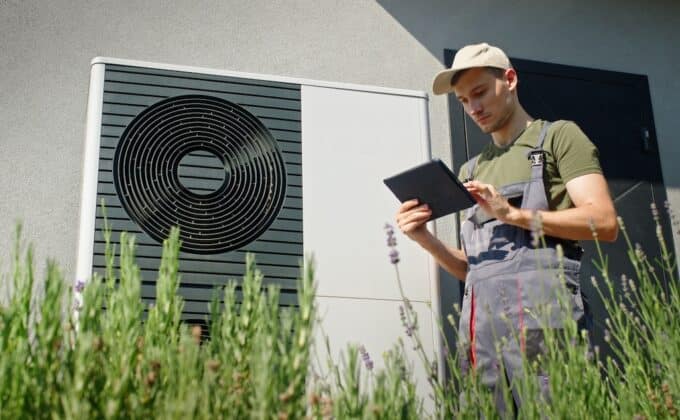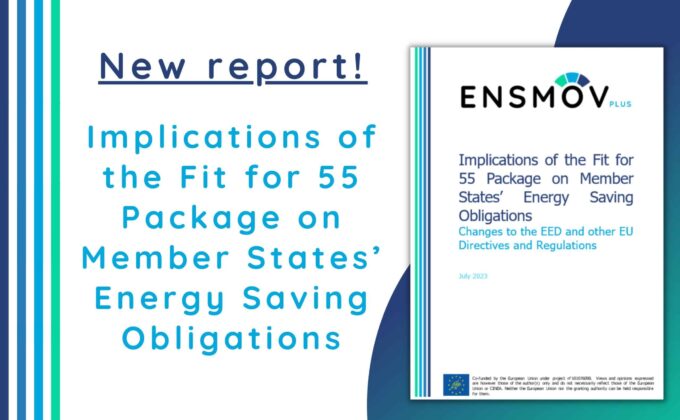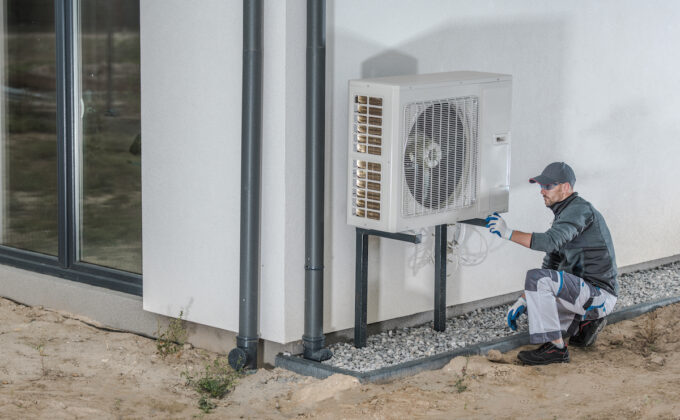
Knowledge Center
We believe that sharing our expertise and collaborations in clean energy policy is how real, effective change happens.
From reports and policy briefs, to webinars and podcasts—RAP advisors have built an extensive collection of resources providing in-depth analysis and practical solutions to today’s energy challenges.
Filter >>
Content Filter:
The Regulatory Assistance Project has been bringing clarity to the complexity of the clean energy transition since 1992. By developing data-informed, real-world solutions — that are also cost-effective and reliable — RAP supports the creation of stronger, cleaner and more… View Summary +

The European Commission is currently developing an electrification strategy to deliver this vital tool for meeting EU climate targets. One aspect that has been historically overlooked is the contribution of energy efficiency policy in the electrification process. Up to now,… View Summary +

Policymakers across the globe are searching for solutions to reduce the use of fossil fuels and their associated climate impacts. Attention has focused on the heating sector, which relies heavily on fossil fuels and was responsible for almost 40% of… View Summary +

Comme dans de nombreux autres pays européens, les bâtiments français dépendent encore fortement des combustibles fossiles pour le chauffage et le rafraîchissement des locaux et la production d’eau chaude sanitaire. Cette situation est préoccupante si l’on considère que ces utilisations… View Summary +

As in many other European countries, France’s buildings still rely heavily on fossil fuels for space heating and hot water production. This is troublesome considering these uses account for more than one-third of the country’s final energy consumption. The move… View Summary +

The Council of the European Union voted on 25 July 2023 to adopt the final text of the recast of the Energy Efficiency Directive. This was the last step in the decision-making process and is the… View Summary +

Europe is heavily reliant on fossil fuels in the heating sector. The EU has set itself a goal of deploying 30 million additional heat pumps by 2030. To advance the transition away from fossil fuels in the heating sector,… View Summary +
As part of the Fit for 55 legislative package, the European Commission proposed a recast of the Energy Efficiency Directive in July 2021. The recast includes significant changes to the Directive’s cornerstone article on the energy savings obligation, Article 7… View Summary +
The European Union is entering a crucial decade in its energy transition, with the 55% climate goal representing a step change in ambition. Energy efficiency is expected to play a major role in achieving necessary reductions in energy consumption across… View Summary +
Heat in buildings is still largely delivered by burning fossil fuels. To meet Europe’s 2030 climate target, the European Commission assesses the buildings sector must reduce emissions by 60% over 2015, and close to one in four heating systems will… View Summary +

To meet the European Union’s carbon goal of reducing emissions by at least 55% net from 1990 levels, the European Commission wants the buildings sector to take the lead. The EU’s Climate Plan Impact Assessment sees building renovations and sustainable… View Summary +

Meeting the European Commission’s target of reducing greenhouse gas emissions from buildings by at least 55% by 2030 will require renovating buildings at previously unheard of rates and depth. This goal opens up vast opportunities for citizens, national economies and… View Summary +
In its 2030 Climate Target plan, the European Commission suggests raising the ambition of the EU’s energy efficiency policies to reach climate neutrality by 2050. It mentions the possibility of increasing the energy savings obligations under Article 7 of the… View Summary +
The European Union has committed to a net-zero economy by 2050. To get there, it must decarbonise the building stock, which accounts for 36% of EU carbon emissions. The current rate of renovation, however, is only one-third of that needed. View Summary +

The European Union has committed to a net-zero economy by 2050. To get there, it must decarbonise the building stock, which accounts for 36% of EU carbon emissions. The current rate of renovation, however, is only one-third of that needed. View Summary +


